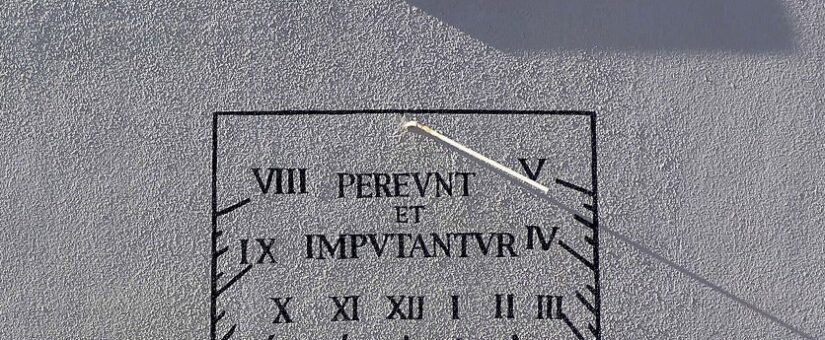
Professional Challenges Facing the Coaching Field from an Historical Perspective
I hypothesize that another innovation curve started in 1995. If you look at this next curve, which I call the prominence curve, it actually started ten years after the emergence curve. This curve was energized in the early years of the current decade by people who came up with evidence-based and scholar practitioner models. These are the terms that were not heard early on in coaching. The academics got involved and started re-linking the theories and models to the actual practice through research. With that curve’s impact, we have until 2010 for the next tipping point and 2025 for the end of the prominence curve. There may be another curve. This is a possible future that is based on a hypothesized worldwide view of coaching.
However, if coaching just continued the way depicted in the prominence curve, and still had the competition and further narrowing of the definition of coaching (who’s a coach and who isn’t a coach), then our rate of increase or acceleration will begin to decline in 2010, even though the field is still growing. Another factor is how the external socioeconomic factors will play into this given the worldwide recession. While there are internal factors that we in the field of coaching can control, there are numerous external factors that are beyond our control and many other adaptation curves in all areas outside coaching. The innovation curves I have identified are not happening in isolation.
THE CHALLENGES
Just what are the challenges facing the coaching field today? Looking at the challenges from the modern socioeconomic perspective that divides and separates, we have the first challenges with theories and models from the root disciplines: “How can someone like me, who is not a psychologist or an education learning specialist, ethically and effectively apply these models? Yet I have been applying them for years because someone said ‘here’s a model’ and I said ‘great’ without knowing from where it came.” That’s one of the challenges- because we are now making these linkages. What are we as members of the field going to do about this? The psychologists are dealing with this by putting proprietary fences around coaching psychology and saying: “if you don’t have psychological background and education you are not qualified to use these theories and models.” Conversely you could say: “if you don’t have coach training and background you are not qualified to be a coach.” Or: “unless you have worked in a business you are not qualified to coach in business (even if you are a psychologist or educator).” One might even take a cynical view that the difference between a psychologist and a coach is S50,000 per year. There are many different perspectives that each can generate its own valid argument.
- Posted by Vikki Brock
- On March 11, 2016
- 0 Comment


Leave Reply